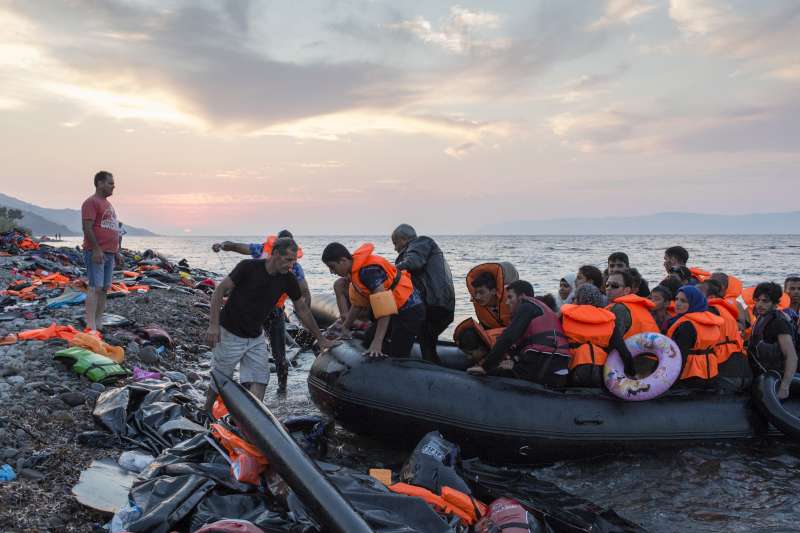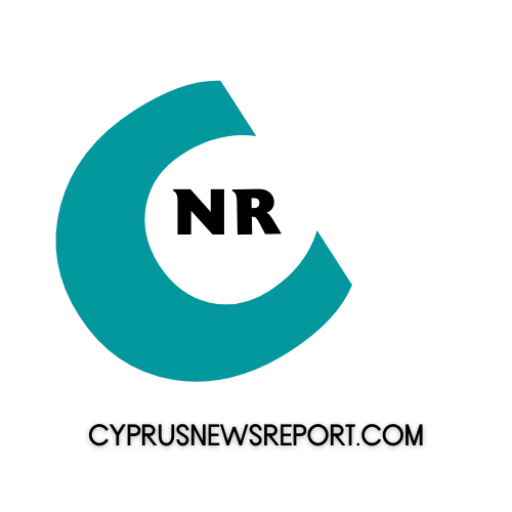
Twenty-eight migrants who were rescued on the night of March 31st have been taken to Kofinou refugee camp for further processing, said the Civil Defence.
Fourteen volunteers helped to provide first aid and transportation for the refugees, who were discovered adrift in a fishing boat off Polis coast.
Their nationalities have not yet been confirmed, but there’s a strong likelihood they are Syrians escaping the violence in their home country or Turkey, where over two million Syrian refugees are sheltering from the civil war in camps along the border.
Two people have been remanded in police custody on suspicion they are the organisers of the latest boatload of desperate refugees. They face charges of human smuggling and endangering lives.
A recent deal made by the EU to return one refugee to Turkey for every four who come to Europe has been strongly criticised by the United Nations, which refuses to be part of it because it turns refugee camps into detention centres.
UNHCR spokeswoman Melissa Fleming said that in Greece, the authorities accelerated the transfer to the mainland of an estimated 8,000 refugees and migrants who had arrived on the islands before the 20th of March. This was to separate them from people arriving after that date and who will be subject to the new return policy.
The arrivals on Lesbos are being held at a closed registration and temporary accommodation site in Moria on the east of the island. The remaining 880 people who arrived before Sunday are being hosted about a kilometre away at the Kara Tepe centre, which is run by the local municipality and remains an open facility, said Ms. Fleming.
UNHCR has till now been supporting the authorities in the so-called “hotspots” on the Greek islands, where refugees and migrants were received, assisted, and registered. Under the new provisions, these sites have now become detention facilities.
“Accordingly, and in line with our policy on opposing mandatory detention, we have suspended some of our activities at all closed centres on the islands. This includes provision of transport to and from these sites. However, UNHCR will maintain a presence to carry out protection monitoring to ensure that refugee and human rights standards are upheld, and to provide information on the rights and procedures to seek asylum,” said Fleming.
The UNHCR is concerned that the EU-Turkey deal is being implemented before the required safeguards are in place in Greece, said the spokeswoman.
“UNHCR is not a party to the EU-Turkey deal, nor will we be involved in returns or detention. We will continue to assist the Greek authorities to develop an adequate reception capacity,” she said.
Under the EU’s Emergency Relocation Mechanism, European countries agreed to relocate 160,000 asylum seekers, including 66,400 out of Greece and 39,600 out of Italy. As of 21 March 2016, 22 countries had made 7015 places available for asylum seekers to be relocated under the programme and a total of 953 asylum seekers had been relocated (384 out of Italy and 569 out of Greece).
[adrotate banner=”4″]




